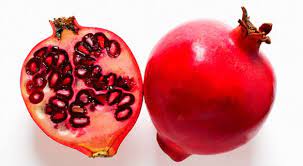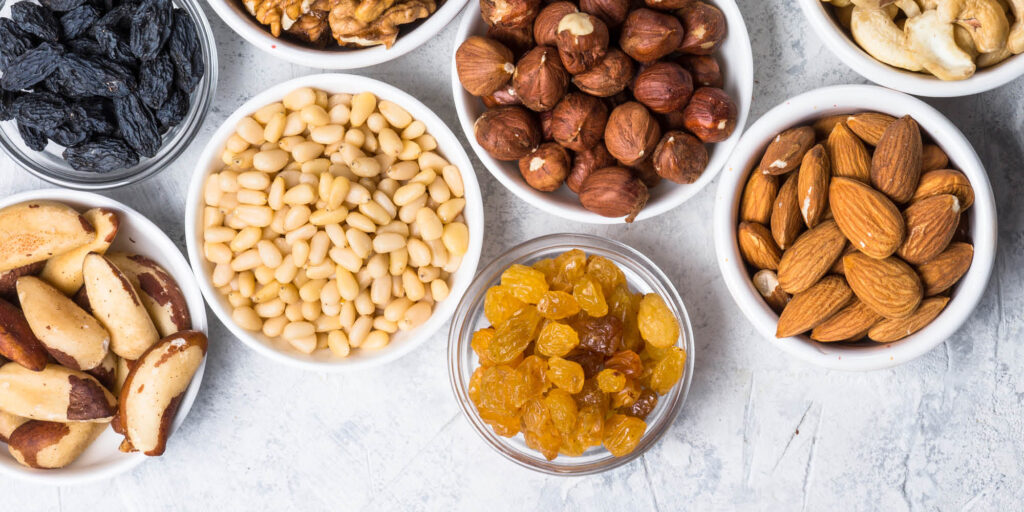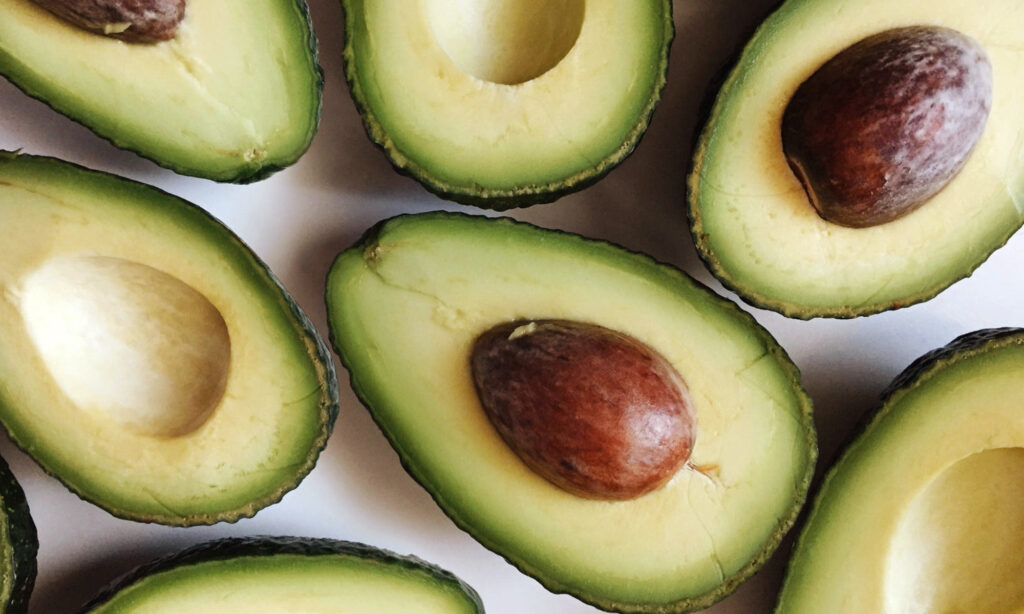Mangoes are loved all over for their sweet taste and creamy texture. People often ask if these fruits can help our stomachs and act like a natural laxative.
Table of Contents
What Makes Mangoes Act Like a Laxative?
Mangoes have special things in them that can really help with how your tummy feels and works:
1. Lots of Fiber
Mangoes give you both kinds of fiber, which is great for your tummy. The fiber that dissolves in water makes it easier for food to slide through your gut. The kind that doesn’t dissolve makes sure your food keeps moving along quickly.
2. Sorbitol
Mangoes have this sugar called sorbitol that can make your poops softer, because it brings water into your colon. But don’t eat too much or it might upset your stomach and give you gas.
3. Digestive Enzymes like Magneferin
Mangoes have special substances that help break down the food you eat, making your digestion work better and helping your tummy muscles relax.
Basically, mangoes have fiber, sorbitol, and enzymes that make your digestion faster and help with bowel movements.
How Much Mango Should You Eat for Laxative Effects?
It’s different for everyone how much mango you need to feel its laxative effect. Soft, super ripe mangoes might work best, especially if you eat one on an empty stomach in the morning.
A lot of people find that eating between 100-200 grams of mango is just enough to make their stomachs feel good without going overboard. If you’re not used to it, you might want to start small and see how you feel.
Tips to Make Mangoes More Effective
There are ways to get even more out of your mango if you’re looking for that laxative effect:
- Drink mango juice when your stomach is empty to help take in more of the good stuff in the mango.
- Have some mango with yogurt that’s got good bacteria to help your tummy even more.
- Mix mango into a smoothie with spices like ginger or cinnamon for a bigger boost.
- Pick mangoes that are organic, because they usually have more of the nutrients that help your tummy.
- Wait until your mangoes are really ripe, because they get more fiber and sorbitol when they’re at their ripest.
Eating mangoes in these ways can help you get the most out of their natural power to help with digestion.
Are Mangoes Good for Treating Constipation?
Mangoes can be quite helpful for some people who have trouble going to the bathroom once in a while. The fruit’s fiber and sorbitol work together to help your colon work better.
But, for those who almost always feel blocked up, mangoes by themselves might not be enough. For these problems, you might also need to:
- Drink a lot more water every day.
- Exercise more often.
- Eat more foods with lots of fiber.
- Find ways to relax, like yoga or meditation.
- Think about taking extra probiotics or magnesium if you need them.
Remember to enjoy mangoes as a nice, extra help for your tummy, but for big bathroom problems, it’s always good to talk to a doctor.
What Happens if You Eat Too Much Mango?
Mangoes can make pooping easier, but eating a lot of mangoes can also bring problems such as:
- Upset stomach and diarrhea, because too much sorbitol can pull a lot of water into your colon.
- Stomachaches and feeling too full from all the gas.
- Itchy mouth or throat if you’re allergic to mangoes.
To stay away from these troubles, eat mangoes in reasonable amounts and see how your body reacts, adding more little by little.
Final Thoughts
Mangoes seem to have a gentle laxative effect because they have just the right mix of fiber, sorbitol, and enzymes. You can enjoy these benefits in many ways, like eating a ripe mango in the morning, making a smoothie, or pairing it with yogurt.
But if you have bigger issues with constipation, it’s important to get advice from a doctor and use more than just mangoes to help. While these fruits are a tasty way to help your digestion, don’t rely on them alone for long-term issues.
Mangoes are a great choice for a tasty and healthful treat. Watch out for how they affect you and find the right amount that helps your stomach the best.









